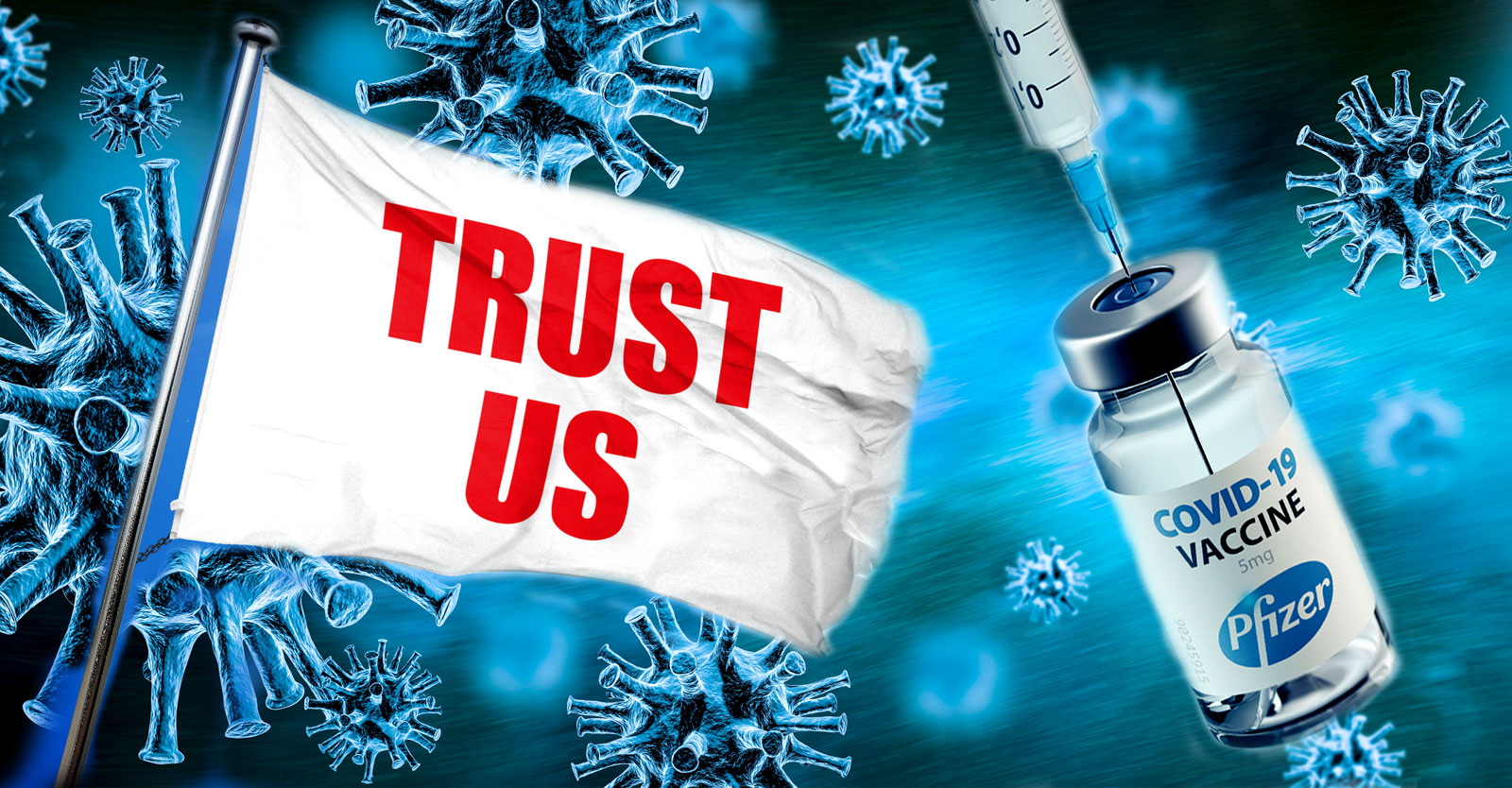Just Like Pharma? Bayer Lobbies for Liability Shield After Juries Side With People Harmed by Pesticides
After a series of lawsuits alleging Roundup caused cancer led to high-dollar judgments against Bayer, the company is lobbying state legislatures to shield it from future lawsuits and to annul at least some of the 50,000 claims that are currently active, according to a New Republic report.
In 2018, German pharmaceutical giant Bayer acquired Monsanto, producer of the controversial pesticide Roundup, in a $63 billion all-cash deal described at the time as an “important milestonetoward the vision of creating a leading agricultural company.”
Now, after a series of lawsuits alleging Roundup caused cancer led to high-dollar judgments against Bayer, the company is “lobbying state legislatures to shield it from future lawsuits and to annul at least some of the 50,000 claims that are currently active,” according to a New Republic report.
The legislation, if passed, would protect dangerous products that pose a threat to public health, critics told The Defender.
“The push by Bayer/Monsanto for legal immunity is a stark reminder of the growing chasm between corporate interests and public health,” said James Lyons-Weiler, Ph.D., president and CEO of the Institute for Pure and Applied Knowledge.
“This effort to sidestep accountability not only endangers our health and environment but also erodes the very fabric of justice. It’s a dangerous precedent that prioritizes profit over people and planet,” Lyons-Weiler added.
Scott C. Tips, president of the National Health Federation (NHF), told The Defender he is “disgusted” at Bayer’s legislative efforts. “For anyone to use the political or regulatory system for personal monetary gain at the expense of consumers’ health is more than simply immoral, it is evil.”
Writing for the NHF, Tips said that Bayer has been exposed to legal claims because it does not enjoy the liability shield that protects vaccine manufacturers from such claims.
“Without the shelter from liability that the National Childhood Vaccine Injury Act of 1986 affords vaccine manufacturers, big agricultural corporations like Monsanto (now Bayer) that literally spread glyphosate poisons far and wide across the globe have had to continually look over their shoulders in fear of litigation,” he wrote.
“The flip side of freedom is responsibility,” Tips said. “If any company cannot handle the responsibility for harm caused by their products or services, then they should not even be in business.”
Journalist Carey Gillam, author of a 2017 book about Monsanto corruption, told The Defender, “We know — based on decades of documented proof — that U.S. regulators are largely captured by companies such as Bayer and Monsanto and do little to hold such companies accountable when their products pose dangers to consumers.”
As a result, “If these types of laws are passed, it could become nearly impossible for injured people to get any sort of justice and compensation,” Gillam said.
The International Agency for Research on Cancer in March 2015 classified glyphosate, the key active ingredient in Roundup, as “probably carcinogenic to humans,” leading to a ban on the chemical in some countries.
They were critical of the lobbying efforts by Bayer and agency capture by Big Pharma and Big Agriculture that have resulted in lax regulations that favor such companies.
“The science that shows the link between glycophosphates and non-Hodgkin lymphoma is compelling,” said Dr. Kat Lindley, president of the Global Health Project and director of the Global COVID Summit. “The fact that state legislators are contemplating allowing this company protection despite years of research shows the corruption of the whole system, with lobbyists at the helm of it.”
According to The New Republic, the company has paid out more than $14 billion in settlements and jury verdicts. The company’s stock price has taken a beating, losing 70% of its value, leading to broad public criticism of its acquisition of Monsanto.
Laws would prevent lawsuits alleging ‘failure to warn’ about health risks
Bayer’s legal liabilities began immediately after it bought Monsanto when it inherited existing legal cases, such as a lawsuit by a school groundskeeper in California who said he developed non-Hodgkin lymphoma as a result of exposure to Roundup.
Two months after the Monsanto acquisition, a jury awarded the groundskeeper $289 million.
Since then, more lawsuits against Bayer have succeeded. “In 2020, Bayer agreed to a settlement of more than $10 billion for roughly 95,000 federal plaintiffs. And last year, it lost civil trials in St. Louis, San Diego, and Philadelphia,” The New Republic reported.
According to the NHF, in October 2023, a San Diego jury awarded plaintiff Mike Dennis $332 millionin damages against Bayer/Monsanto. Dennis developed non-Hodgkin lymphoma after “decades” of using Roundup.
“Then, on January 26, 2024, a Philadelphia jury gave its verdict that awarded $2.25 billion to plaintiff John McKivison, who was diagnosed with non-Hodgkin’s lymphoma after using Roundup for twenty years,” the NHF wrote.
According to The New Republic, “The company has repeatedly asked appellate courts, including the Supreme Court, to dismiss the ongoing lawsuits, but so far all of these requests have been turned down.”
In some instances, the courts reduced some jury awards against Bayer. In the case of the Dennis ruling, for example, the jury found that while Bayer failed to provide warnings of Roundup’s risks, the product itself was neither defective nor the company negligent.”
As a result, “The most effective legal argument to use against the pesticide industry was the industry’s failure to warn consumers of the health dangers in using its products,” according to the NHF.
“If the pesticide industry could only eliminate that cause of action from legal complaints, then it just might find a way out from under the avalanche of lawsuits and crushing jury awards,” the NHF added.
Bayer looking to take ‘a page out of the vaccine playbook’
Under the weight of continued litigation, Bayer is now seeking to take “a page out of the vaccine playbook” by pursuing legislation at the state and federal levels that would shield it from lawsuits, according to the NHF.
“Since January, bills to shield pesticide manufacturers from lawsuits have been filed in three states where Bayer has a major corporate presence: Missouri (where Monsanto is headquartered), Idaho (where it has a phosphate mine), and Iowa (where it has a manufacturing plant),” The New Republic reported.
This is in addition to “sweeping” legislation pending in Congress “that would not only shut down most of the lawsuits but would also prevent state and local governments from putting restrictions on pesticide use,” The New Republic reported. An amendment to the pending farm bill, set to be renewed in September, would provide similar protections.
More than 150 lawmakers signed a letter to the U.S. House Agriculture Committee last fall, urging it to reject the preemption measures.
But much of Bayer’s effort has focused on lobbying state lawmakers. According to The New Republic, “To hedge its bets, Bayer is now going directly to statehouses as well,” while according to the NHF, “Bayer lobbyists helpfully assisted in wording the legislation” pending before various State legislatures, all of which use “similar” wording.
In Idaho, Senate Bill 1245 was introduced on Jan. 24. It is sponsored by State Sen. Mark Harris (R-Soda Springs), a town close to an 800-acre Monsanto compound that includes a phosphate mine and a processing plant.
According to the NHF, “The bill would have given pesticide manufacturers immunity against liability for the distribution and sale of any U.S.-approved pesticides that are labeled with EPA-sanctioned labels. While the bill would not have prohibited lawsuits based on other claims, the ‘failure to warn’ claim is one of the strongest and most often used legal claims asserted against Bayer.”
Nicknamed the “Pesticide Immunity Bill,” the bill was approved by the Idaho Senate Commerce & Human Resources Committee on Feb. 7 but was defeated on Feb. 15 in a 15-19 vote in the state Senate. However, according to The New Republic, “another version is still moving through the state’s House of Representatives,” House Bill 653.
And earlier today, an amended version of the Idaho Senate bill was introduced by Harris. According to the Idaho Press, this bill includes a “clear and convincing evidence standard” and would apply only to existing products as of July 1, 2024.
The New Republic reported that, in advocating for the original bill, Harris said Idaho farmers could not afford to lose “the agriculture pesticide products they depend on,” which are made in the U.S., the prohibition of which might lead to supply chain disruptions. He then “turned the majority of his time over to James Curry, a Bayer lobbyist.”
Bayer’s lobbying in Idaho included donations to “key state legislators, including the speaker of the House,” and frequent full-page advertisements placed in local newspapers, The New Republic reported.
Despite Harris’ support, “Twelve of the 19 ‘no’ votes were cast by Republicans,” while only Bayer lobbyists testified in support of the bill.
“More or less identical” legislation has been proposed in Iowa and Missouri. The NHF said Iowa Senate Bill 3163 “is similar to the Idaho bill” and is sponsored by Bayer. It bars lawsuits against pesticide manufacturers on a “failure to warn” basis.
The Iowa Senate Committee on Agriculture approved the bill on Feb. 15 and it progressed to the State Senate.
Missouri House Bill 2763 “tracks closely the Idaho and Iowa bills,” according to the NHF. It would bar lawsuits against pesticide manufacturers with regard to products that bear “a pesticide label approved by the United States Environmental Protection Agency” or consistent with the Federal Insecticide, Fungicide, and Rodenticide Act.
According to the NHF, “As of Feb. 22, 2024, the Missouri House bill has only reached the stage of a second reading.”
Daniel Hinkle, an attorney with the American Association for Justice, told The New Republic that if these bills pass, Bayer will expand its lobbying efforts to “10 to 15 states next year” and make “a stronger case” for a similar law at the federal level.
Despite being prominently supported by Bayer, the proposed legislation “would have implications for all pesticide manufacturers,” according to The New Republic, which cited the example of Syngenta, a Bayer competitor “which is facing a lawsuit over the pesticide paraquat from some 5,300 patients with Parkinson’s disease.”
Liability shield may lead to ‘aggressive increase in pesticide use’
“If Bayer/Monsanto secures a liability shield, we’re likely to see an aggressive increase in pesticide use, mirroring the post-1986 vaccine landscape,” Lyons-Weiler said. “This isn’t just about more chemicals in the environment — it’s about pushing these products without adequate safety nets, all under the guise of ‘protecting’ us.”
Dr. Meryl Nass, an internist and founder of Door to Freedom, said there are “many similarities” in how vaccines and pesticides are regulated, since “in each case, the manufacturer pays for all or for the bulk of the safety studies.”
“After a lot of time goes by following the approval of a vaccine or a pesticide, sometimes non-industry paid scientific studies do come to light, and then injured parties can try to use those studies to sue,” Nass said. “Most cases that have been successful were on the basis of failure to warn of a safety risk that the manufacturer withheld.”
That’s why Bayer is seeking to remove it as a cause of action, said Nass, who called it a “clever strategy.” She said Bayer has “billions to spend, because they are at risk of losing tens or hundreds of billions in damages.”
According to Tips, “Anything that is either subsidized or shielded from liability will result in an explosion of availability of that particular product or service. It is not, however, that pesticides would be mandated, but rather that they would become more widely used with all of us being even more drenched in pesticide toxins. The result will not be pretty.”
Nass told The Defender that while she does “not anticipate pesticides being mandated” akin to vaccines during the COVID-19 pandemic, she can “anticipate that the organic standards will be degraded to the point they become meaningless and more and more food will have been treated with pesticides or herbicides or other chemicals.”
Suggest a correction







